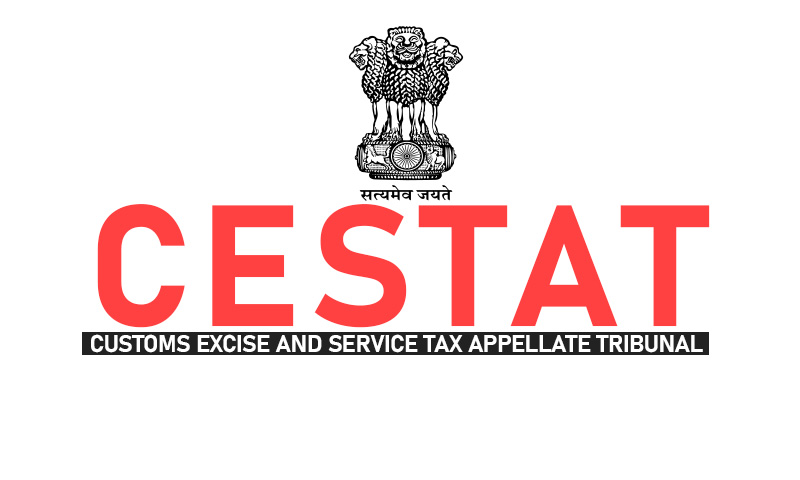The Delhi Bench of Customs, Excise and Service Tax Appellate Tribunal (CESTAT) has set aside the penalty under section 114AA of the Customs Act on the ground of licit possession of confisticated gold bars received by way of succession. The two-member bench of Anil Choudhary (Judicial Member) and Raju (Technical Member) has observed that the appellant has reasonably explained the...

